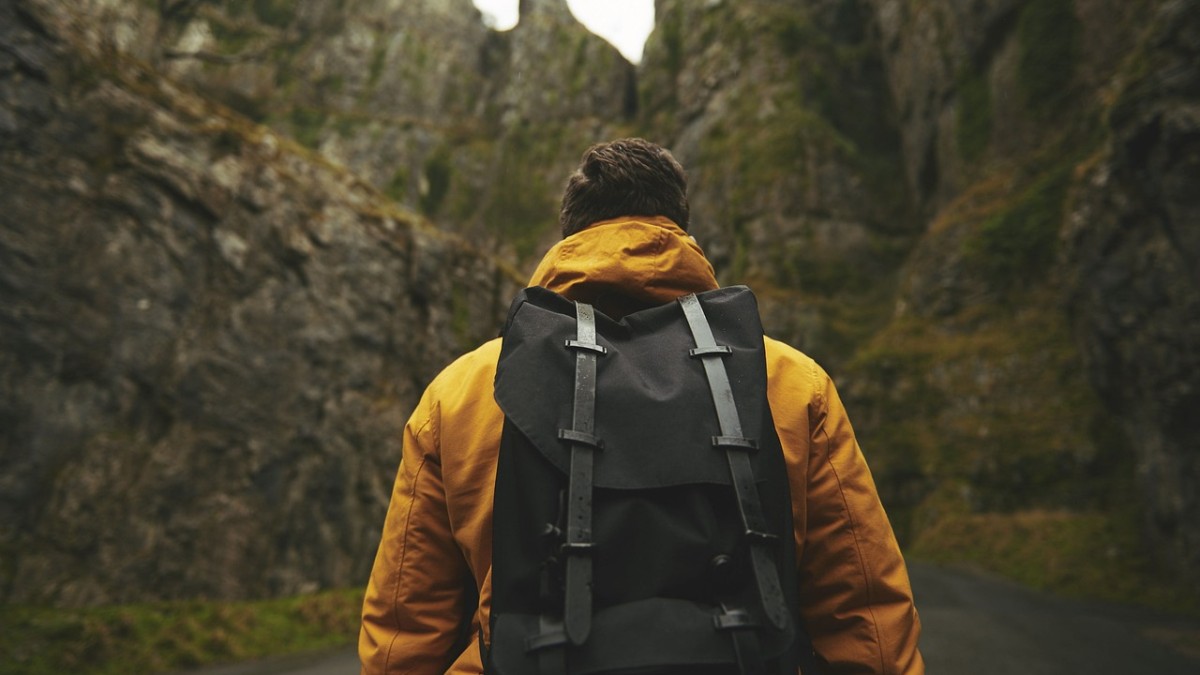Travelling isn’t only about fun and new experiences. A new study reveals it can also make you look and feel younger. This is because of its positive physical and mental health benefits that help slows down the signs of ageing
read more
There’s no denying that travelling is fun.
It is also the most effective form of self-healing.
In addition to improving physical and mental health, new research from an Australian university shows that travel could be a powerful tool to make you look and feel younger.
The study titled The Principle of Entropy Increase: A Novel View of How Tourism Influences Human Health was published in the Journal of Travel Research in August.
The study
The study by Edith Cowan University (ECU) applied the theory of entropy to tourism to look at how travel could affect an individual’s health.
According to ScienceDaily, entropy is “the general trend of the universe towards death and disorder.”
The study makes the case that positive travel experiences might counteract this trend by reducing entropy and improving overall health.
As per the research, a number of travel benefits, like having new life experiences, meeting new people, sleeping better, and participating in retreating activities, could slow down premature ageing.
ECU PhD candidate Fangli Hu says that while ageing is an irreversible process, it can be slowed down.
“Tourism isn’t just about leisure and recreation. It could also contribute to people’s physical and mental health.” To put it simply, “positive experiences might mitigate entropy increase and enhance health, while negative experience may contribute to entropy increase and compromise health.”
Experts also say that “travel therapy could serve as a ground-breaking health intervention.”
Travel benefits
Travelling exposes you to new situations, which may have a lasting positive impact on your health beyond just a tan.
Your body’s self-organising mechanisms may benefit from the stimulation of your stress response and increased metabolic rates that come with being in unfamiliar circumstances.
Travelling while physically active increases metabolism and energy expenditure and supports these self-organising mechanisms. Simple activities like hiking, walking, and cycling can help you go a long way.
Positive experiences with people and emotions encountered while travelling can also greatly improve your general state of well-being.
Hu notes that leisure travel activities can alleviate chronic stress, balance the immune system, and relieve muscle tension.
“Leisurely travel activities might help alleviate chronic stress, dampen overactivation of the immune system, and encourage normal functioning of the self-defence system. Engaging in recreation potentially releases tension and fatigue in the muscles and joints,” she tells Fox News.
“This relief helps maintain the body’s metabolic balance and increases the anti-wear-and-tear system’s effectiveness. Organs and tissues can then remain in a low-entropy state.”
Challenges
Although there are many advantages to travel, it’s vital to be aware of any potential risks.
Experts observe that travellers may face health hazards, such as infectious diseases, mishaps, and security issues.
“Conversely, tourism can involve negative experiences that potentially lead to health problems, paralleling the process of promoting entropy increase. A prominent example is the public health crisis of COVID-19,” Hu says.
The rising trend of wellness travel
Wellness tourism is growing at a rapid pace, thanks to the growing awareness of stress management and mental well-being.
A balm to workaholics, wellness tourism aims to reduce stress by focusing on mental, physical, and in some cases, emotional well-being. Often, this is achieved by travellers immersing in a well-being experience like yoga, spa getaways, meditation retreats, fitness programmes and nutritious food.
The trend is becoming more popular due to several reasons:
-
Post-pandemic hangover: The COVID-19 epidemic was a wake-up call for people to transform their attitude towards personal well-being.
-
Rising work stress: According to a global study by ADP, 65 per cent of working professionals struggle at work due to stress, and 47 per cent fear mental health repercussions. These figures indicate a severely stressed-out workforce.
-
The power of healing: Gen Zs and millennials are more than willing to spend on wellness experiences today which have long-term health benefits. Moreover, ageing populations, chronic diseases and skyrocketing healthcare costs are stark reminders to focus on wellness more than ever.
With inputs from agencies

)





